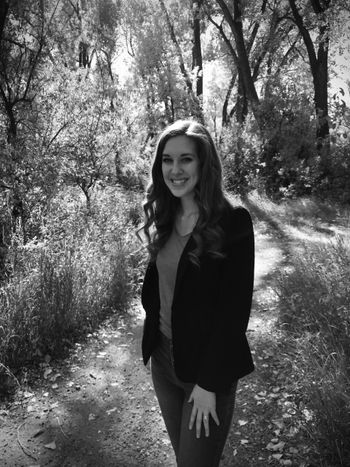Academic 'study' based on tweets claims to prove 'racism' in the workplace
Cornell recently highilghted a study which found that Black women suffer from something called the "white gaze" in working environments.
The study in question was conducted by reviewing tweets connected to the hashtag '#BlackWomenatWork.'
Cornell University highlighted a study lamenting “Whiteness” in the workplace, which was conducted by reviewing tweets connected to a related hashtag.
With an aim to “understand how Whiteness is embedded within organizations,” two assistant professors and one Ph.D. Candidate in Psychology researched the “white gaze.” Cornell recently highlighted the study on its website, explaining that the authors had unearthed “the ways in which white gaze permeates organizations and is experienced by Black women in the workplace.”
The research is titled “Against a sharp white background”: How Black women experience the white gaze at work.” The authors include San Francisco State University professor Verónica Caridad Rabelo, Ph.D. Candidate in Psychology at the University of Michigan Kathrina J. Robotham, and Cornell University professor Courtney McCluney.
The journal explains the results of a completed study involving the Twitter hashtag #BlackWomenAtWork, which was created by activist Brittany Packnett after Black women such as Rep. Maxine Waters and White House correspondent April Ryan were “publicly belittled by White men.”
[RELATED: UCSD ‘Anti-Racism Challenge’ claims American policies are ‘grounded in white supremacy’]
While analyzing the tweets that included Packnett’s hashtag, the authors of the journal “identified four mechanisms of the white gaze” and defined the term “white gaze” as “seeing people’s bodies through the lens of Whiteness.”
Ultimately, they concluded that whiteness is “imposed, presumed, venerated, and forced through the use of the white gaze.”
The journal claims Whiteness is imposed, for example, on Black women through beauty standards. One particular tweet referenced shows how “fixation on Black women’s hairstyles” affect their work and states that a woman was smiled at while wearing a “sew-in” but received “crickets” when her hair was natural.
Whiteness is also said to be presumed because the “white gaze depersonalizes Black women” which may occur when one Black woman is mistaken for another at work.
The journal then explains “Whiteness as venerated” and states, “through the white gaze, Black people are presumed to possess and share common knowledge, experiences, and connections.”
[RELATED: Professor: ‘As a White American, I am by definition racist’]
Finally, the journal includes a description of the fourth mechanism of the white gaze in which Whiteness is forced. This arguably takes place, it says, through the exploitation of Black women. For example, the “Strong Black Woman” stereotype is considered an exploitative practice because it creates a view of Black women as “strong and invincible.”
Following the explanation of the “four mechanisms of the white gaze,” the authors agree that their analysis of the tweets “make visible the ‘sharp white background’ against which Black women are frequently cornered.”
The journal’s discussion section then concludes that the “evaluations of Black women” are “filtered” through the lenses of the White gaze, and ultimately “everyone is ‘seen’ through the White gaze.”
Campus Reform reached out to all three contributing authors and Cornell University for comment but did not receive any responses in time for publication.
Follow the author of this article: Emily Kokot

